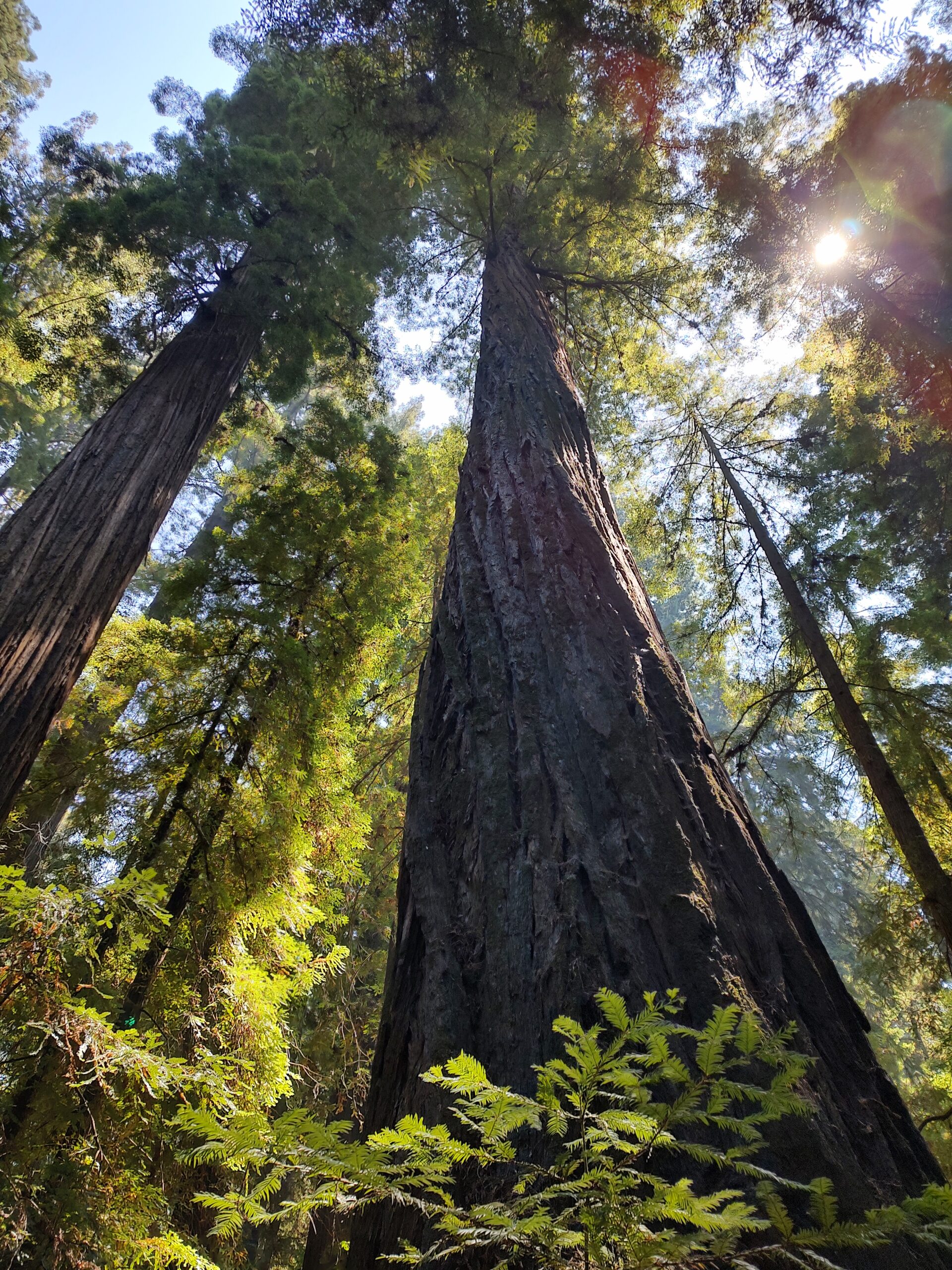Judy Goldhaft
Our roots go back to 1970 with a long history of environmental action including watershed protection and land stewardship. Today, Acterra focuses its efforts on the most urgent issue of our time: climate change.
Our roots go back to 1970 with a long history of environmental action including watershed protection and land stewardship. Today, Acterra focuses its efforts on the most urgent issue of our time: climate change.
Our roots go back to 1970 with a long history of environmental action including watershed protection and land stewardship. Today, Acterra focuses its efforts on the most urgent issue of our time: climate change.
Our roots go back to 1970 with a long history of environmental action including watershed protection and land stewardship. Today, Acterra focuses its efforts on the most urgent issue of our time: climate change.
Our roots go back to 1970 with a long history of environmental action including watershed protection and land stewardship. Today, Acterra focuses its efforts on the most urgent issue of our time: climate change.
Our roots go back to 1970 with a long history of environmental action including watershed protection and land stewardship. Today, Acterra focuses its efforts on the most urgent issue of our time: climate change.
Our roots go back to 1970 with a long history of environmental action including watershed protection and land stewardship. Today, Acterra focuses its efforts on the most urgent issue of our time: climate change.
Our roots go back to 1970 with a long history of environmental action including watershed protection and land stewardship. Today, Acterra focuses its efforts on the most urgent issue of our time: climate change.
Our roots go back to 1970 with a long history of environmental action including watershed protection and land stewardship. Today, Acterra focuses its efforts on the most urgent issue of our time: climate change.
Our roots go back to 1970 with a long history of environmental action including watershed protection and land stewardship. Today, Acterra focuses its efforts on the most urgent issue of our time: climate change.



